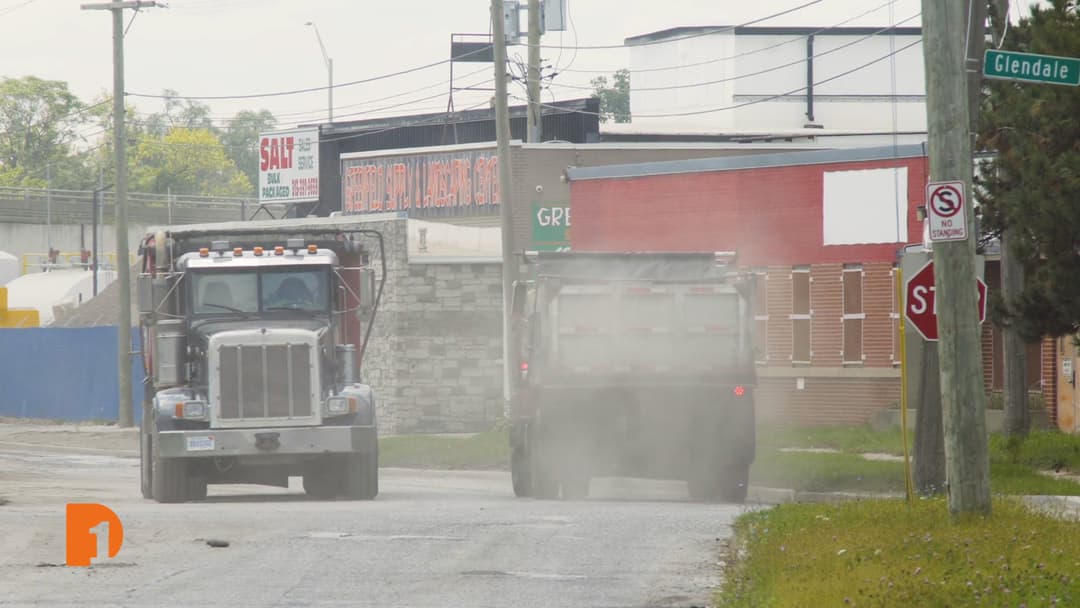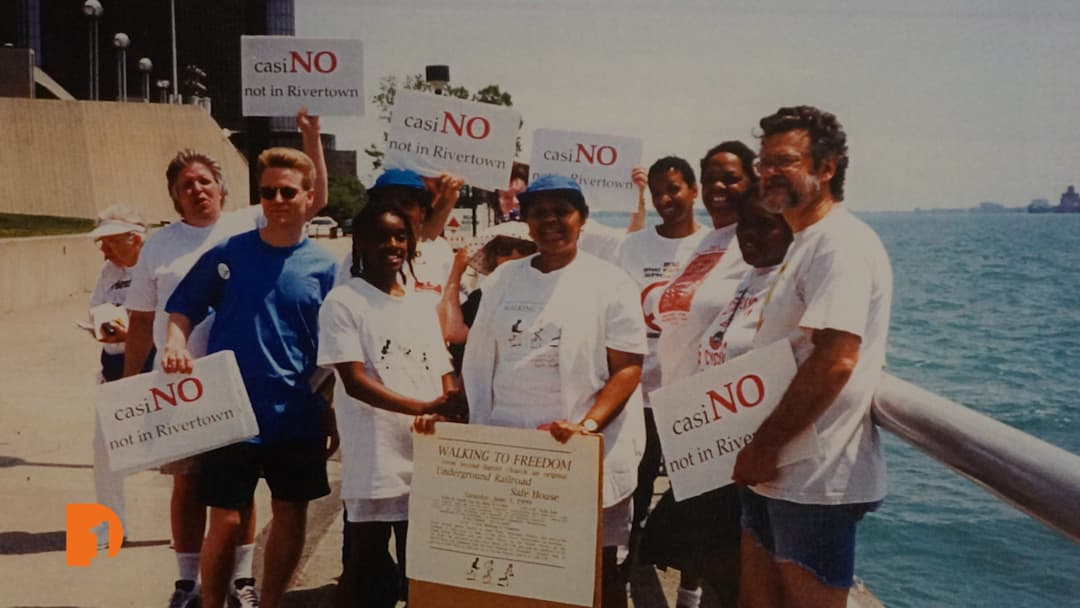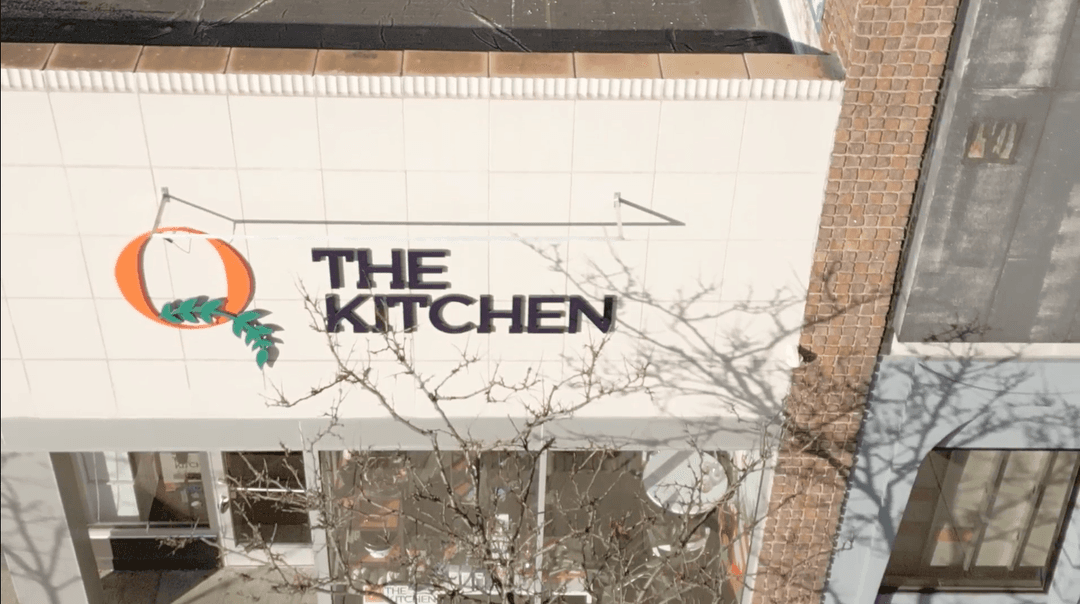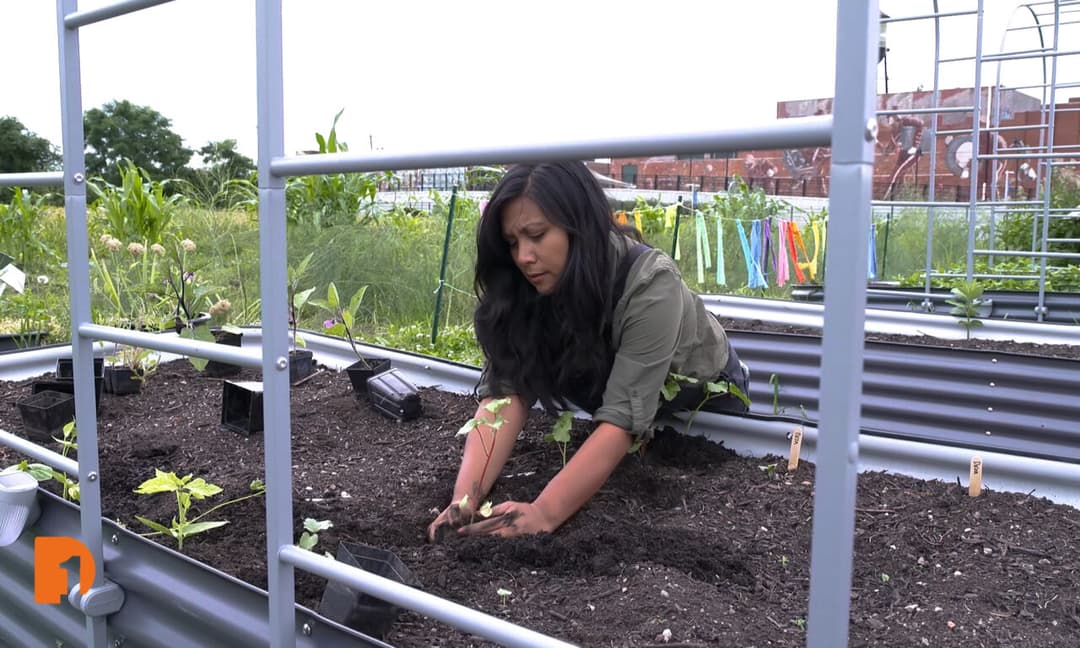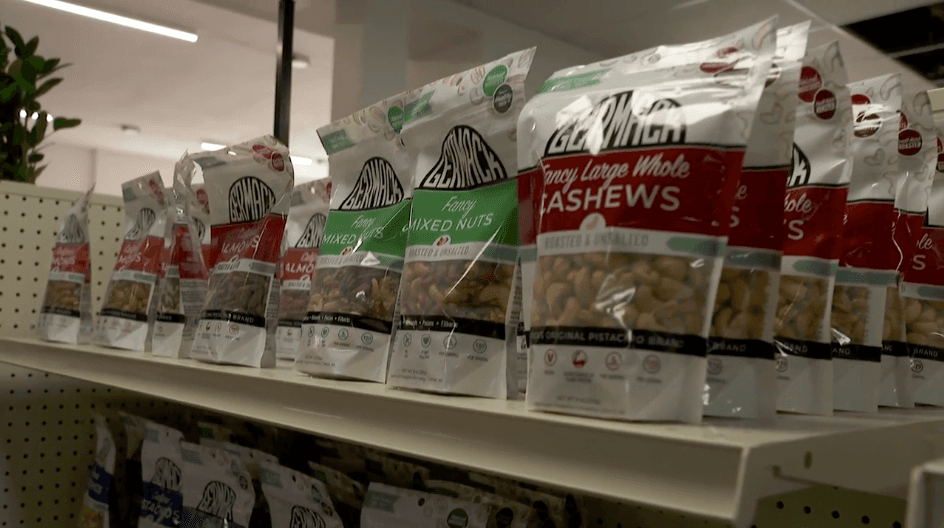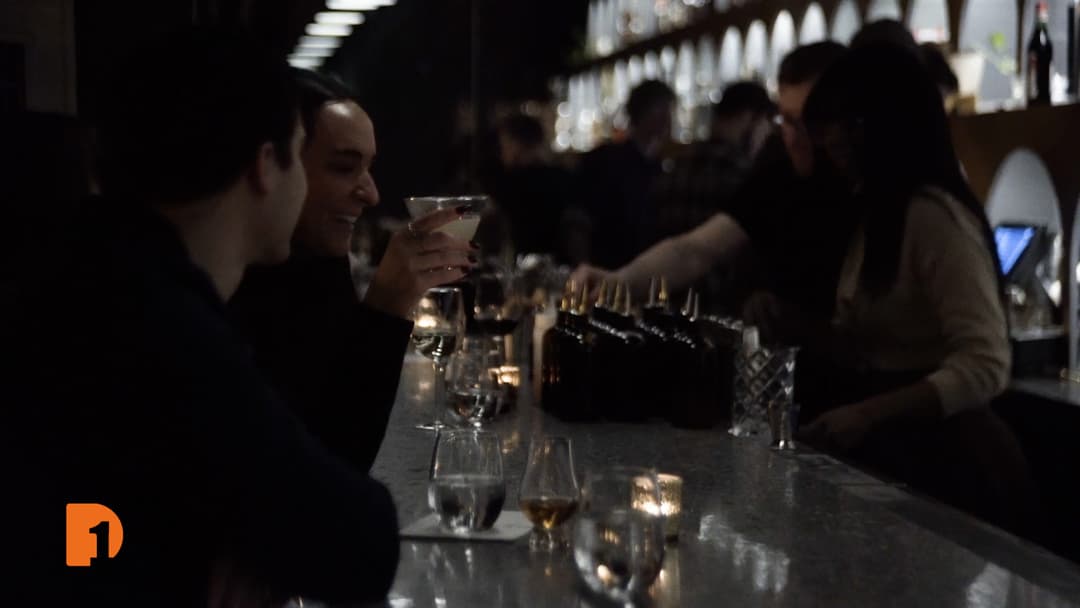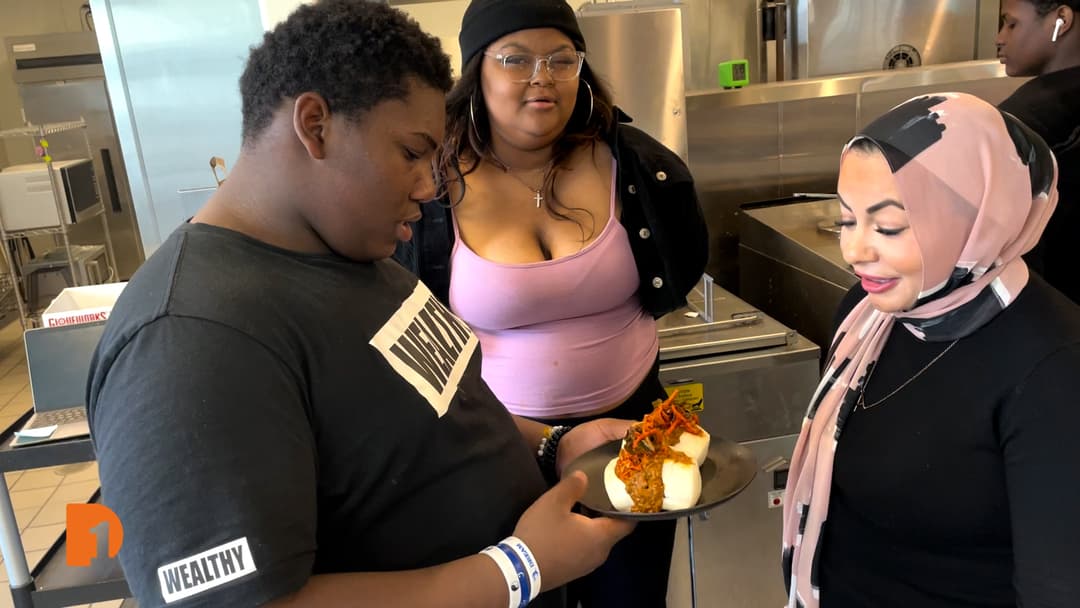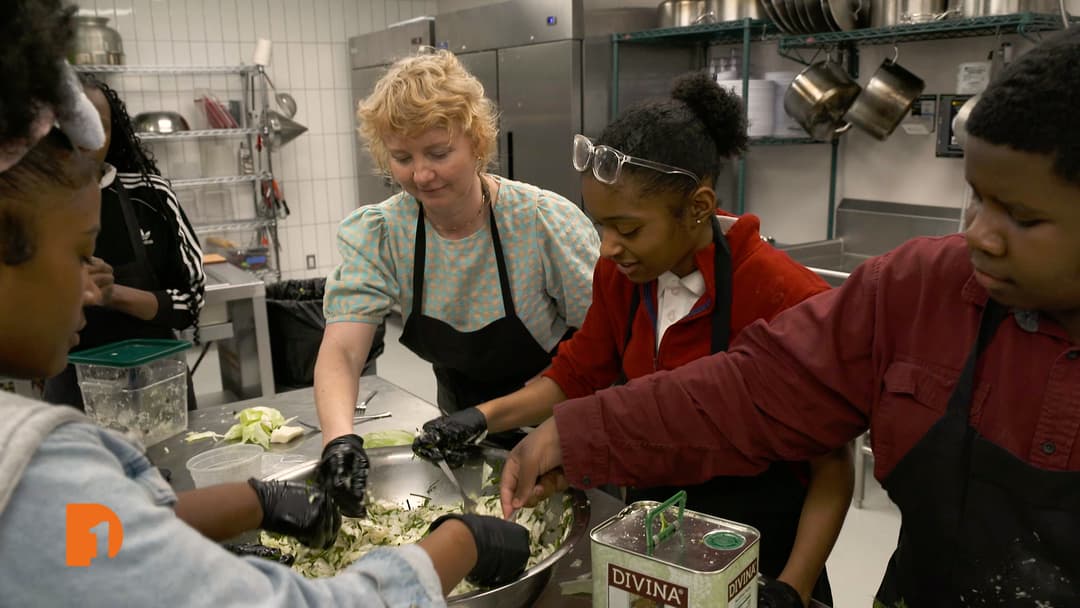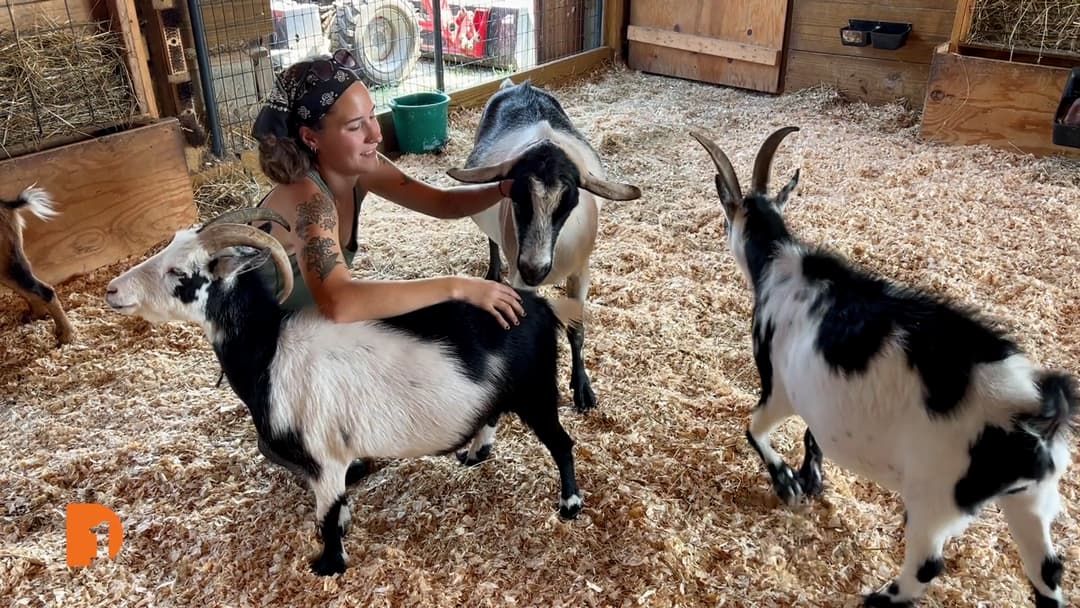
Growing food in Detroit, no sunshine needed
Jun 6, 2019
June 5, 2019 | Bill Kubota | One Detroit
Hydroponic farms grow plants indoors without soil.
When those operations grow the plants on shelves under LED lights to take the sun’s place – that’s vertical farming.
In Detroit’s eastside Islandview neighborhood, a hydroponic vertical farm called PlanTed now operates out of an nondescript, once vacant 20,000 square foot industrial warehouse.
[et_pb_video _builder_version=”3.22.4″ src=”https://www.youtube.com/watch?v=-pCCHuMHV5s” z_index_tablet=”500″ /]

Manager Kimberly Buffington sees her company at the ground floor of a whole new industry.
“I relate it very much to the same time when Henry Ford was bringing the first Fords off the assembly line,” Buffington said, “we’re sort of at that point.”
The specialty crops include herbs, baby greens, and microgreens–a lot of them in demand by some of the high-end restaurants.
PlanTed also sells them at Eastern Market.
The viability of hydroponic farming has improved in recent years with more demand for local produce and better LED lighting technology created for indoor marijuana growers.
The farm’s temperature-controlled tents glow pink from specially made grow lights.
“The people that developed these lights have figured out that plants grow more effectively under specific wavelengths of light,” said farm manager Hunter Moore, “It’s actually a combination of red and blue wavelengths that they grow under, so that actually gets us a pretty consistent production and growth time.”

Vertical farming has its challenges: real estate prices, building costs, along with electricity and labor expenses have taken down some vertical farmers around the country.
But growing hydroponically could make sense in places like Detroit.
“Hydroponic agriculture is really the next level technique where you’re growing in an area where there’s no soil available or where the soil’s highly contaminated,” farmhand Allie Mason said. “It’s an excellent solution when you’re living in a highly urban setting to be able to grow hydroponically and not only are we growing hydroponically but vertically so we’re maximizing the use of space.”

“We don’t have those fluctuations in weather that every farmer has to deal with,” said marketing leader Meg Burritt, “It makes it a lot more sustainable, we get a lot more predictable yield.”
And the yield is available fresh, local, year-round.
Stay Connected
Subscribe to One Detroit’s YouTube Channel and don’t miss One Detroit on Thursdays at 7:30 p.m. and Sundays at 9 a.m. on Detroit PBS, WTVS-Channel 56.
Catch the daily conversations on our website, Facebook, Twitter @OneDetroit_PBS, and Instagram @One.Detroit
Related Posts
Leave a Reply
Your email address will not be published. Required fields are marked*

